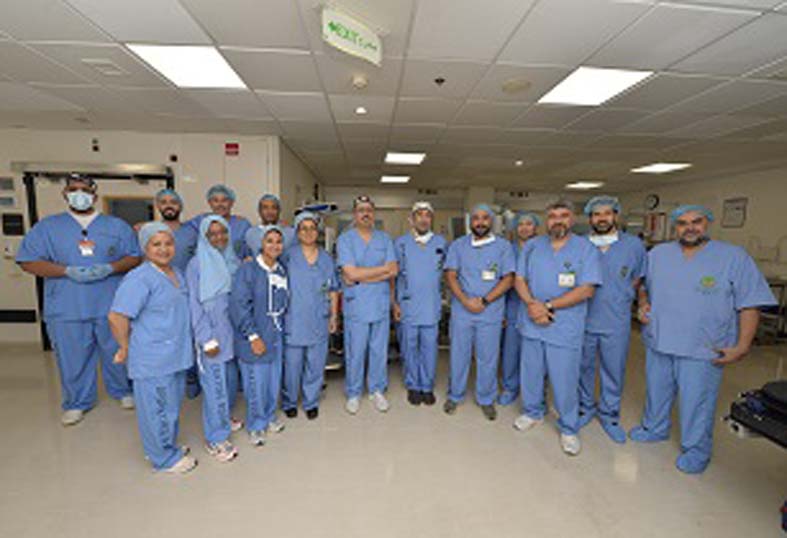King Faisal Specialist Hospital and Research Centre (KFSH&RC) has achieved a breakthrough milestone by employing advanced robotic technology to implant electrodes into the brain of a patient with refractory epilepsy, who did not respond to conventional treatments
This revolutionary procedure signifies the first use of robotic assistance to identify epilepsy foci in the Middle East.
The patient, who battled persistent epilepsy for years, underwent a transformative surgical intervention. A state-of-the-art robotic system facilitated a minimally invasive approach, creating tiny openings (no larger than 2 mm in diameter) within the cranial structure to insert the electrodes. This technique enabled precise measurement of cerebral electrical activity, accurately pinpointing the origins of seizures.
Compared to the traditional Leksell frame method, the robotic system is more accurate and efficient. The conventional method necessitates more time and effort to calculate measurements and determine the optimal placement of holes. Additionally, the robotic system enhances patient well-being and extends to a wider array of neurosurgical procedures, highlighting its transformative potential.
Robotic surgery has emerged as a pioneering trend in leading medical centres globally, providing medical professionals with precision, adaptability, and control during intricate procedures. Beyond its surgical capabilities, robotic interventions also offer the advantage of reduced invasiveness, resulting in quicker recovery times and diminished postoperative risks.
Recent breakthroughs by KFSH&RC encompass the successful electrode implantation in an 11-year-old child's brain and a groundbreaking brain hemispherectomy performed on a 14-day-old infant. These milestones reaffirm the hospital's pioneering spirit and global prominence.






